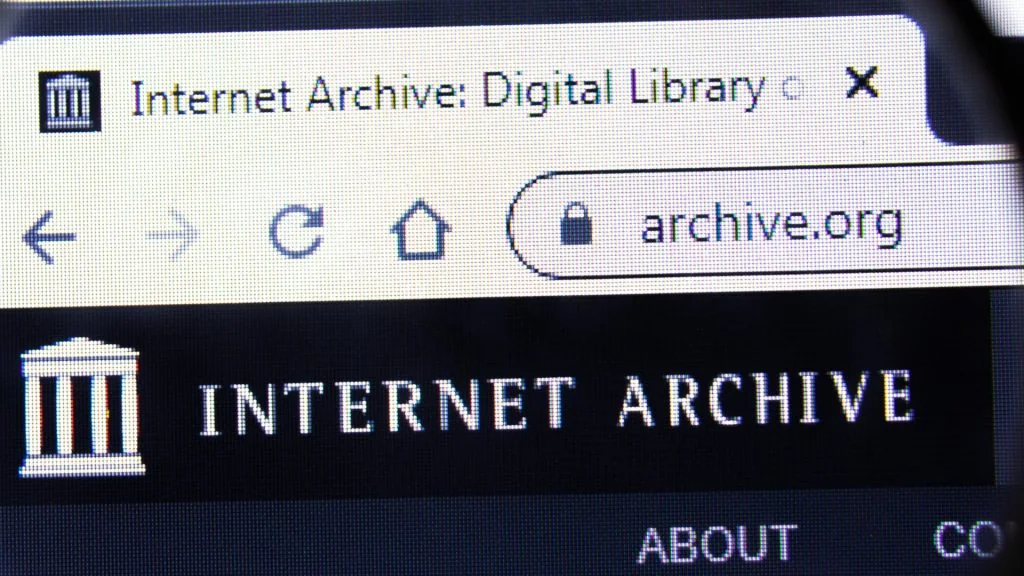The Internet Archive, often hailed as the “Digital Library of Alexandria,” has fallen victim to a massive cyberattack. This beloved online repository, known for its iconic Wayback Machine, now faces a crisis as hackers have stolen data from a staggering 31 million users.
The breach came to light when Troy Hunt, the mastermind behind the data leak notification service “Have I Been Pwned” (HIBP), received the stolen database nine days ago. The compromised information includes email addresses, usernames, password change timestamps, bcrypt-hashed passwords, and other internal data of registered members.
To verify the authenticity of the leak, Hunt reached out to several affected users, including cybersecurity researcher Scott Helme (via BleepingComputer). In a chilling confirmation, Helme found that the bcrypt-hashed password in the leaked data matched the one stored in his password manager. The timestamp in the database corresponded precisely with the date of his last password change.
Despite Hunt’s efforts to initiate a disclosure process with the Internet Archive three days ago, the organization has remained silent. The method by which the attackers infiltrated the Archive’s systems is not known yet. Adding to the chaos, the Internet Archive also fell victim to a DDoS attack, claimed by a hacktivist group called “BlackMeta.” While the group has threatened further attacks, their involvement in the data theft remains uncertain.
What is the Internet Archive?
Founded in 1996 by Brewster Kahle, the Internet Archive has long stood as a beacon of digital preservation. This non-profit organization, based in San Francisco, set out to create a vast digital library, offering free access to a wealth of content for the public. Its crown jewel, the Wayback Machine, allows users to traverse through time, exploring past versions of websites and recovering lost content. By the end of 2023, the Archive had amassed an impressive collection of over 839 billion web pages.
But the Internet Archive’s reach extends far beyond web archiving. It houses a colossal digital library, boasting over 46 million books, 11 million videos, and 14 million audio files.
However, this noble pursuit of knowledge preservation has not been without controversy. The Archive’s practices have faced criticism in some countries, where its content archiving methods potentially infringe upon copyright laws.







